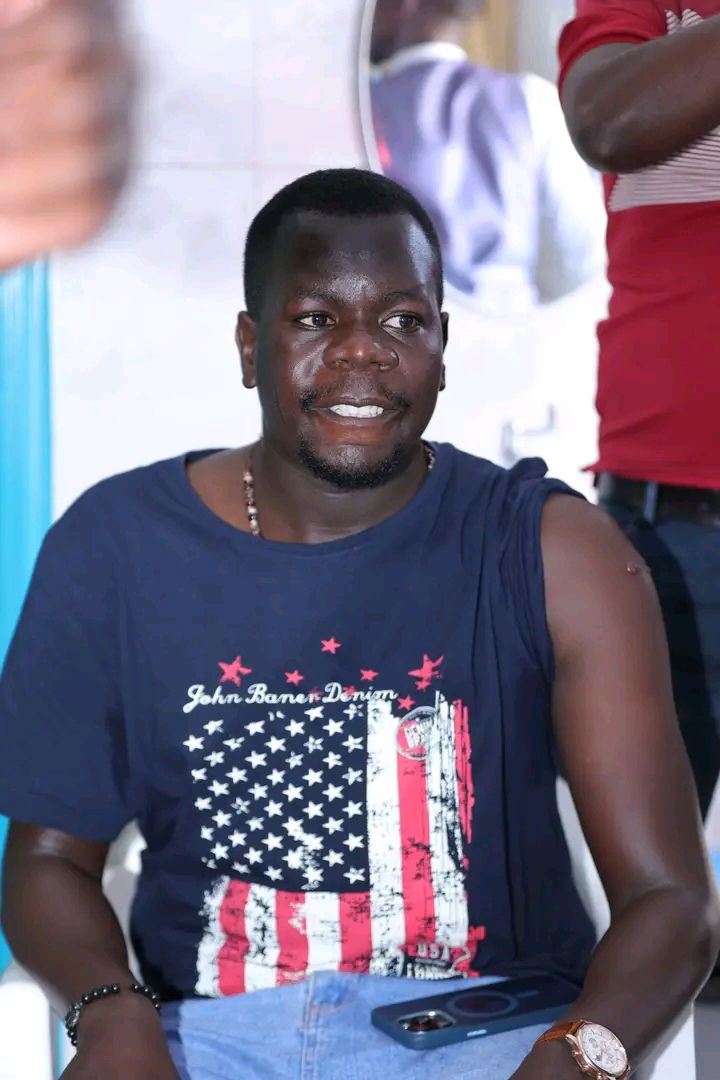أعلنت هيئات الصحفيين في أوغندا مقاطعة أنشطة الشرطة وقوات الدفاع الشعبي الأوغندية في أعقاب الهجمات التي وقعت أثناء تغطية الانتخابات الفرعية
Date: March 14, 2025
In a bold move that has raised alarm across the country, several prominent journalist bodies in Uganda have declared an immediate boycott of all activities involving the Uganda Police Force (UPF) and the Uganda People’s Defence Forces (UPDF). This decision follows reports of violent attacks and arrests of journalists while they were covering the ongoing by-election in [specific location].

The boycott announcement was made earlier today, with the Uganda Journalists Association (UJA) and the Uganda Media Union (UMU) leading the charge. The decision comes after multiple verified reports of UPDF soldiers targeting journalists who were on assignment in the area. Several reporters, camera operators, and photographers have been subjected to physical assaults, while others have been detained without due cause.

According to eyewitness accounts and video footage circulating on social media, UPDF personnel were seen aggressively confronting journalists, with some instances involving beatings and threats. Some journalists have shared their experiences, describing being blocked from filming critical events, with others stating that their equipment was damaged during the altercations.
“We are deeply concerned and disturbed by the ongoing violence against media personnel who are simply doing their jobs,” said [spokesperson’s name], a representative for the UJA. “The actions of the UPDF are not only a violation of press freedom but also a serious assault on the constitutional rights of Ugandans to access information.”
The Uganda Human Rights Commission has condemned the actions, describing the attacks as a clear infringement on freedom of expression and press rights.
“Journalists should be able to carry out their work without fear of harassment or violence,” a spokesperson for the commission stated. “Such actions create a hostile environment for the media, further undermining Uganda's democratic principles.”
This is not the first time Uganda's security forces have been accused of targeting journalists. In recent years, there have been several incidents involving the UPDF and Uganda Police, where media workers have been harassed, assaulted, and even arrested while covering sensitive issues like political protests and elections.
The government has yet to issue an official response to the latest wave of attacks. However, civil society groups and opposition politicians have expressed concern over the escalating crackdown on media freedom, which they say threatens to undermine the country's democratic processes.
The boycott is expected to continue until the police and UPDF provide an official apology and accountability for the assaults on journalists. In the meantime, many media outlets are reassessing their security measures and coverage protocols for the upcoming elections and other sensitive events in Uganda.

As the situation unfolds, there are increasing calls for greater protection of journalists and press freedom in Uganda. With the upcoming elections and political activities in the country, the role of the media in ensuring transparency and accountability has never been more critical.
For now, journalists across Uganda are standing firm in their commitment to holding those in power accountable, even as they face increasing risks on the ground.